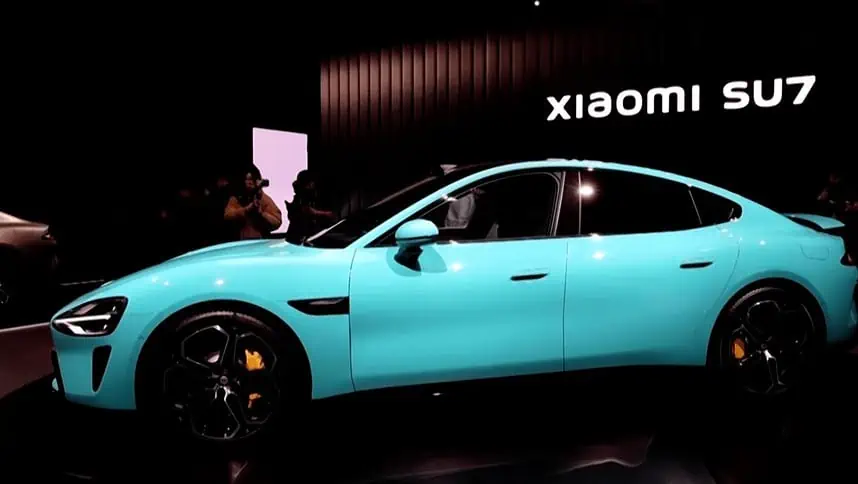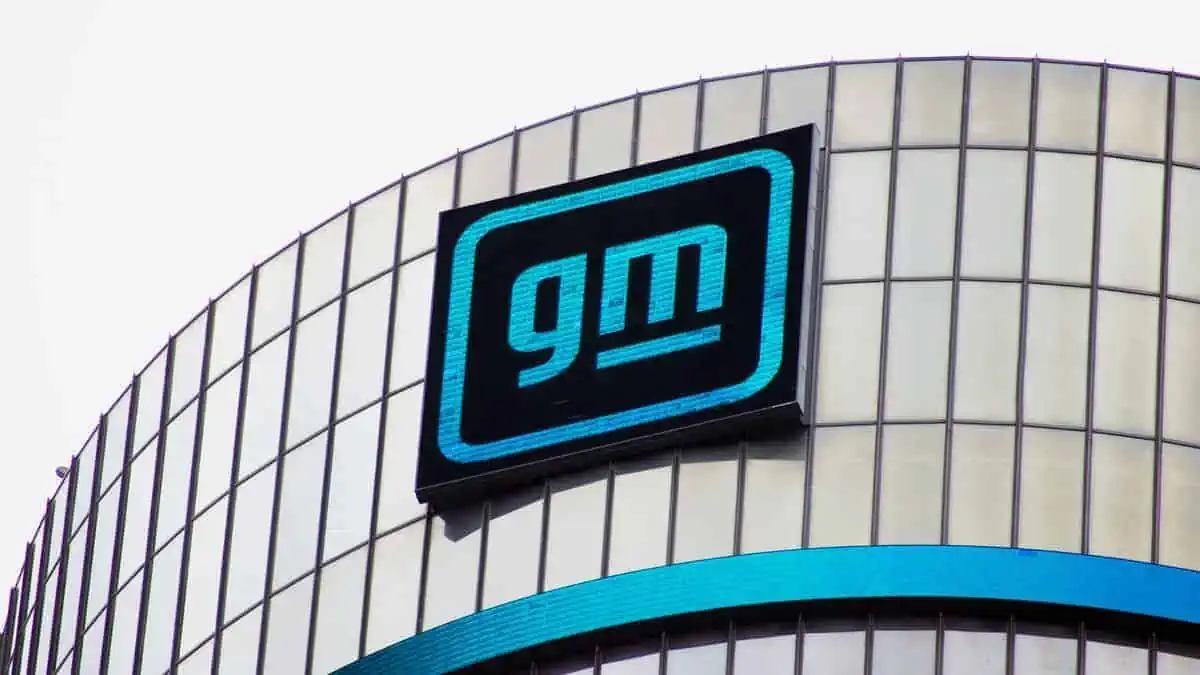Chinese electric vehicle startup Xiaomi has just increased its delivery target for the SU7 electric sedan by 20% from the original 100,000 units this year alone, GIZMOCHINA reports, citing the company’s latest financial report.
Xiaomi boosts 2024 delivery target to meet growing orders
Xiaomi is now aiming to deliver a whopping 120,000 SU7 units in FY 2024, a 20% increase from its initial target of 100,000.
As per the report, Xiaomi will initiate a double-shift production at its existing electric vehicle factory in June 2024. By doing so, the Tesla rival may achieve its goal of delivering more than 10,000 Xiaomi SU7s in the same month.
The 20% production increase is indeed remarkable, considering that the company only launched the Xiaomi SU7 in the Chinese market on March 28.
Early success drives production increase for Xiaomi SU7
The Xiaomi SU7 electric sedan has three variants: the RMB 215,900 ($29,800) standard, RMB 245,900 Pro, and RMB 299,900 Max. The standard and Max variants’ deliveries began in April, while Pro deliveries only began in early May.
As of April, total deliveries reached 7,058 units. On May 15, Xiaomi announced its 10,000th electric vehicle delivery milestone.
Notably, these are only just a small portion of the 88,063 locked-in orders the SU7 gained since its launch through April 30.
As of today, customers placing an order for the Xiaomin SU7 must expect a wait time of at least 30 weeks for delivery.
Xiaomi confirms new model under development
Xiaomi continues to develop new models to add to its current electric vehicle portfolio, which currently only includes the SU7 electric sedan.
Xiaomi President Lu Weibing reportedly confirmed ongoing developments for new electric vehicles. However, the top executive highlighted the company’s current priority of completing SU7 deliveries.
Apart from the confirmation, President Weibing omitted from disclosing more details about the hinted models. However, recent reports suggest that Xiaomi plans to develop and launch a Tesla Model Y rival.
Xiaomi also plans to expand its sales and service network to 219 stores in 46 cities and 143 service hubs in 86 cities. The coverage will include nearly all provinces, autonomous regions, and municipalities on the mainland.






